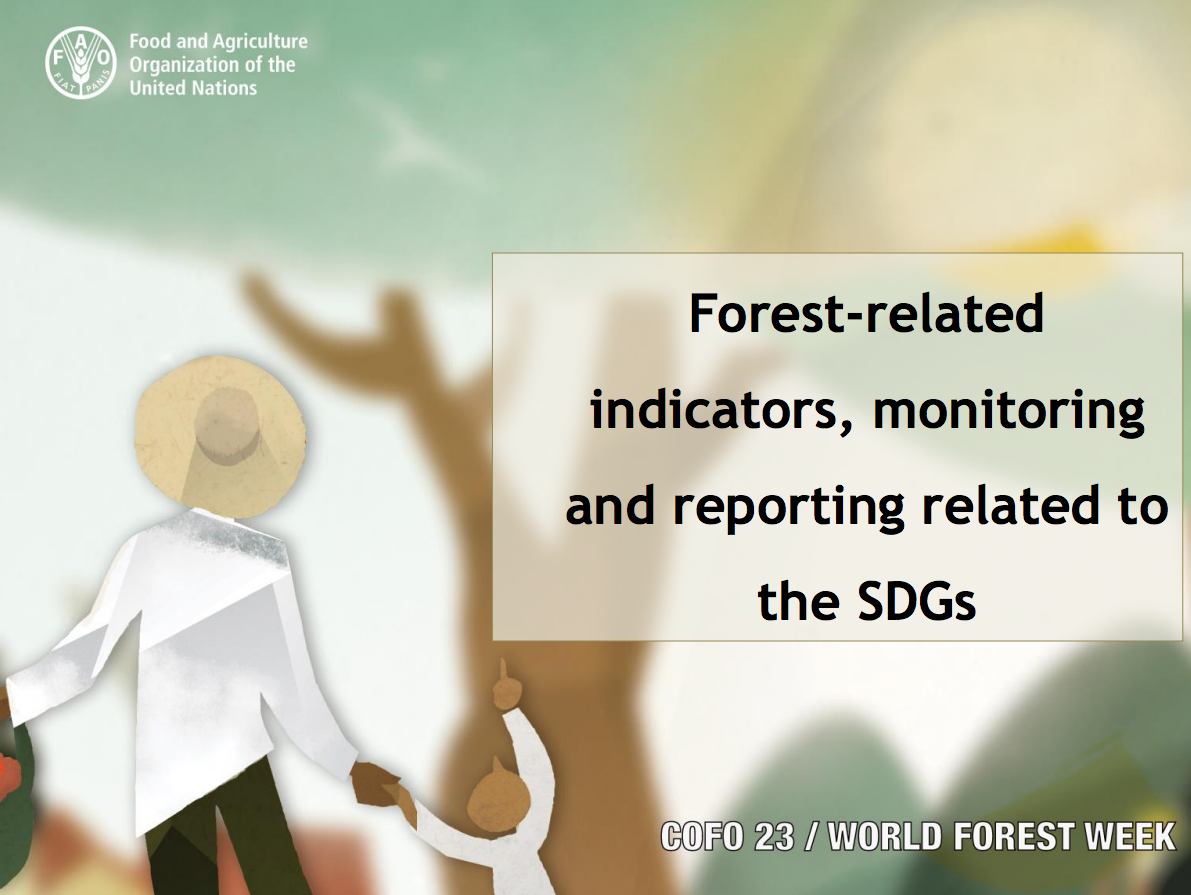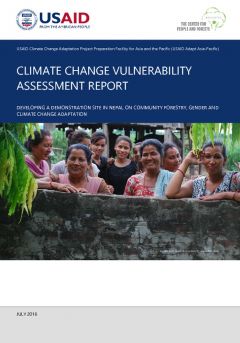Brochure: Cinquième semaine forestière méditerranéenne
La Semaine Forestière Méditerranéenne rassemble une grande diversité d’acteurs pour prendre part à l’un des plus importants forums sur les forêts méditerranéennes d’aujourd’hui. Cet évènement bisannuel facilite la coopération entre la communauté scientifique, les décideurs politiques et d’autres acteurs en proposant une plateforme de dialogue régional commune. Cet évènement souligne également l’importance des forêts méditerranéenne au niveau global et met l’accent sur les défis auxquels ces forêts font face.



